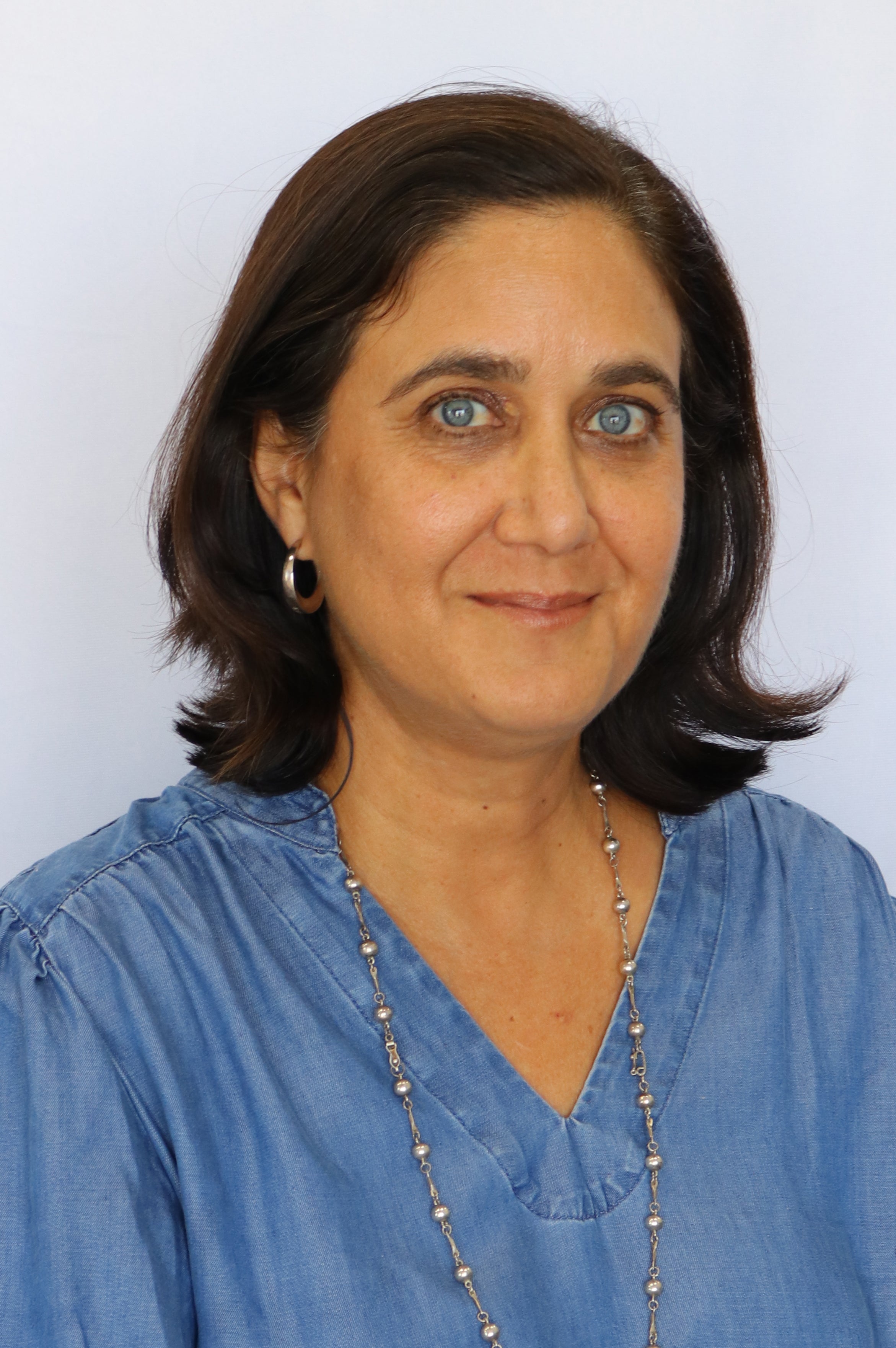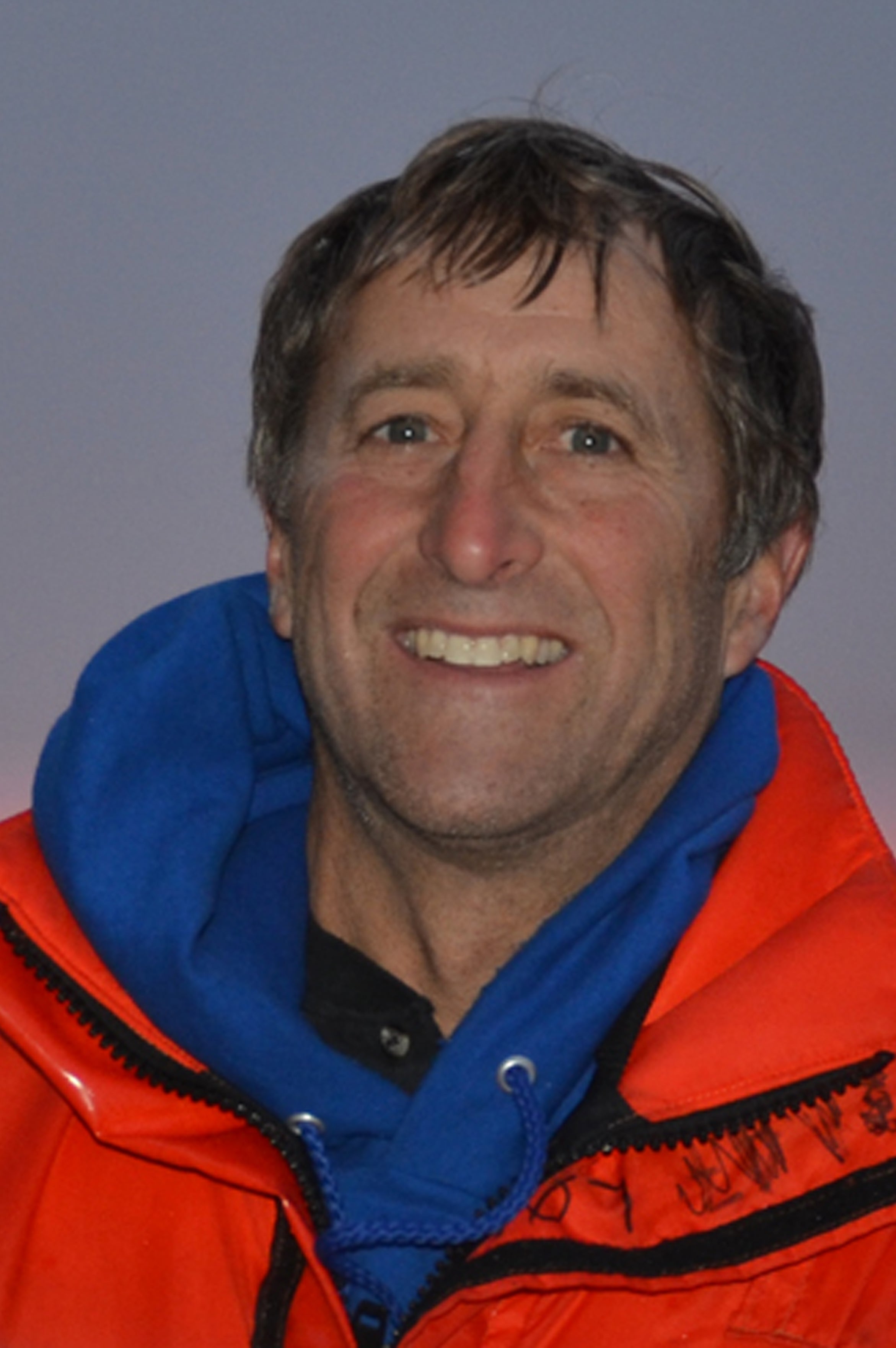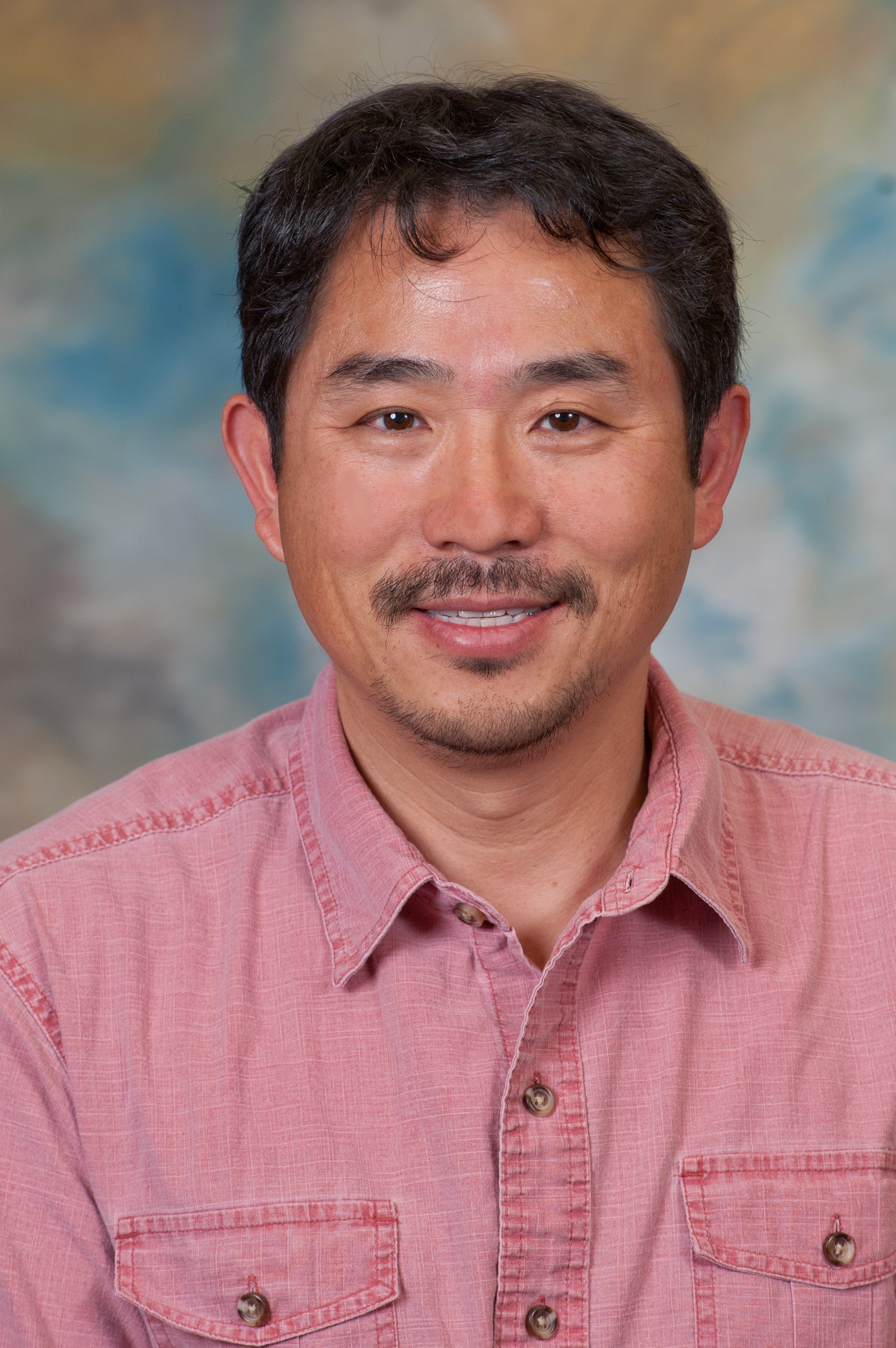The University of Texas at Austin Department of Marine Science is based at the UT Marine Science Institute, the oldest and most significant marine research facility on the Texas coast. UT marine scientists are changing our understanding of the world’s oceans and coasts and educating a global population dependent on the ocean ecosystem. We advance research, education and outreach through the efforts of our students, faculty and staff and the training of young scientists in cooperation with The University of Texas at Austin Marine Science Institute.
Leadership

Dr. Sharon Herzka
Director, University of Texas Marine Science Institute
Dr. Sharon Herzka’s research dives deep into the dynamics of marine ecosystems, particularly emphasizing the Gulf of Mexico basin. She investigates the early life history, habitat use, and dispersal of marine fishes, especially larval communities. She explores how physical oceanographic features—like eddies and currents—affect fish distribution and connectivity. As a stable isotope ecologist, she uses bulk and compound-specific stable isotope ratios to trace nutrient sources and food web dynamics, map migratory fish feeding areas, and understand nitrogen sources supporting secondary production. Her interdisciplinary approach blends marine biology, chemistry, and physical oceanography, often collaborating with ecologists, molecular biologists, and oceanographers across institutions.
Sharon graduated from the University of Texas at Austin’s Master’s (1996) and Ph.D. programs (2000) in marine science and returned to UTMSI in 2023 following 22 years as a research professor at the Center for Scientific Research and Higher Education of Ensenada (CICESE) in Baja California, Mexico, where she served as the Chair of the Department of Biological Oceanography and co-lead a multidisciplinary, multi-institutional Mexican research program that contributed to large-scale ocean monitoring and modeling efforts, the Gulf of Mexico Research Consortium (CIGOM). She is the president-elect of the Coastal and Estuarine Research Federation (CERF) and will serve as President 11-2025 to 11-2027.

Ken Dunton
Chair, Department of Marine Science
Dr. Ken Dunton’s research is focused on estuarine, coastal, and shelf processes. In Texas, his studies address the sources and fate of organic matter, with specific emphasis on coastal wetlands, including marshes, seagrasses, and mangroves. He directs the state-wide monitoring program on Texas seagrasses and a 35-year monitoring program in the Laguna Madre.
In addition to his work in Texas, Ken continues long-term marine studies in the Arctic Ocean. His interests are focused on the ecology of kelp beds and the nearshore lagoons of the Alaskan Beaufort Sea. As the founding director of the Beaufort Sea Lagoons Ecosystems (BLE), the first marine LTER (Long Term Ecological Research) in the Arctic, Ken coordinates interdisciplinary studies to better understand the land-ocean linkages of the pan-Arctic.
Ken is very active in K-12 outreach, initiating an oceanography program for the native Inupiat school children of Kaktovik, Alaska in 2007, the K-12 Summer Science Program in Port Aransas in 2008, and Scientist in Residence Program with the Port Aransas ISD in 2011.
Ken’s academic background includes the University of Maine (B.S. 1975), Western Washington University (M.S. 1977), and the University of Alaska-Fairbanks (Ph.D. 1985). His recent awards include the Ramon Margalef Award from the Association of Sciences for Limnology and Oceanography (ASLO) for Excellence in Education (2016) and the Regional Director’s Excellence Award (USF&WS, Alaska Region 7) in 2013. He loves open-water swimming, diving, and flying his plane.

Zhanfei Liu
Associate Chair, Marine Science Department
Professor, Department of Marine Science
As an organic biogeochemist, Dr. Liu is mainly interested in understanding the source, distribution and diagenesis of natural organic matter in the ocean. The cycling and preservation of natural organic matter are important processes of global carbon cycling, thus elucidating these processes helps better understand our current and future climate. Dr. Liu's research also includes understanding the source and fate of contaminants in the environment, such as petroleum hydrocarbons leaked due to oil spills and microplastics discharged to the ocean.
